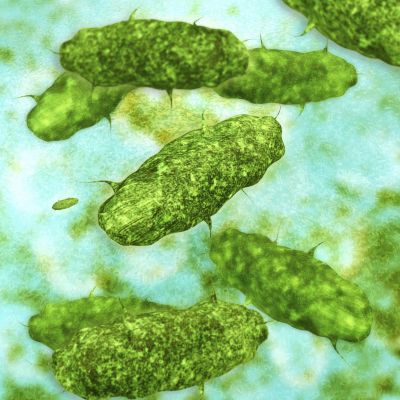Advancing bacterial immunity

Advancing bacterial immunity
The recent breakthrough applications of the CRISPR/Cas bacterial immune system urged European scientists to study its features in-depth.
A recent discovery unveiled the existence of a prokaryotic immune defence mechanism that confers resistance to foreign genetic elements such as phages. The so-called CRISPR/Cas system is based on the recognition of specific DNA sequences known as CRISPRs (clustered regularly interspaced short palindromic repeats) by the CAS nucleases.
Researchers realised the power of the system at gene editing and have successfully utilised it to genetically manipulate human DNA. As a result, the CRISPR/Cas system holds great prospects for human health, as well as in numerous biotechnological applications.
The EU-funded 'Identification and characterization of host and phage proteins interacting with the CRISPR system' (CRISPRSYSTEM) project focused on delineating basic aspects of the system. Using an experimental platform established in the host lab, project scientists studied the CRISPR adaptation process. Their work aimed to identify which proteins, DNA elements and steps are required for the process to work.
They discovered a novel element in sequences acquired to confer immunity against bacteriophages. This element enhanced the acquisition of these sequences into the CRISPR array. In addition, a new protein for the system's immune function was found.
Furthermore, the project showed that the activity of the CRISPR/Cas system extends to confer protection against lysogens and prophages. This led the research team to develop a new platform for modifying bacteriophage genomes using the CRISPR/Cas system.
Taken together, the activities of CRISPRSYSTEM significantly advanced knowledge on the recently described bacterial CRISPR/Cas system. Given the system's promising applications, the new information opens up more avenues of exploitation of this revolutionary approach.
published: 2015-04-09